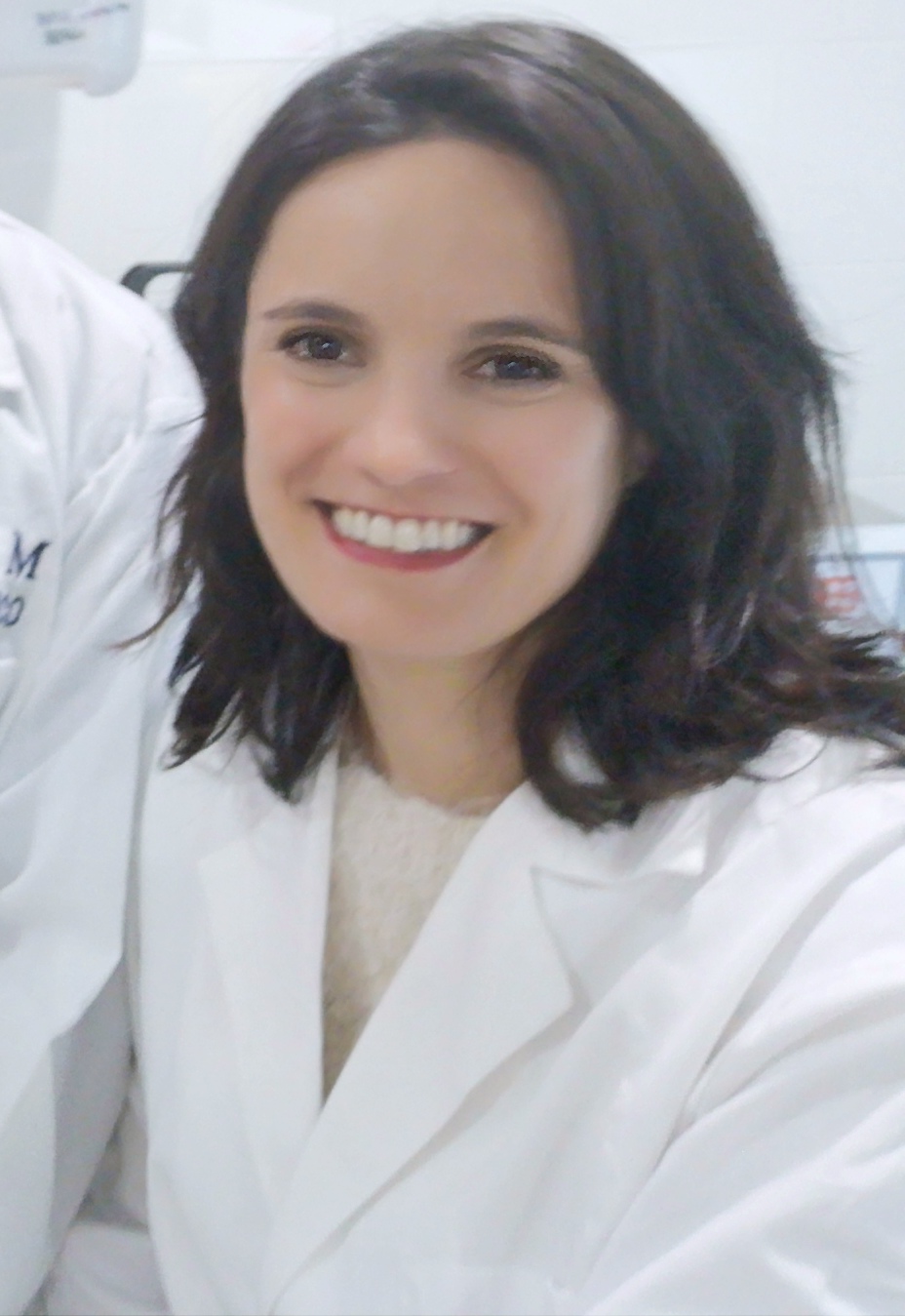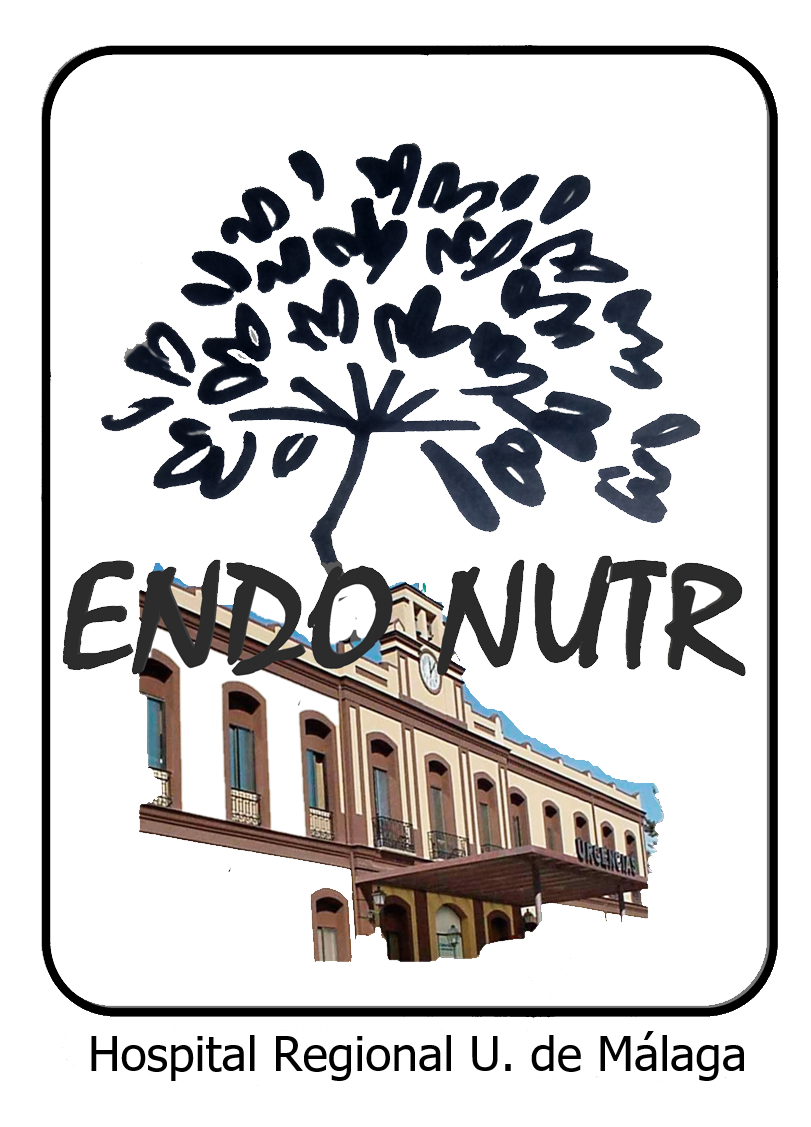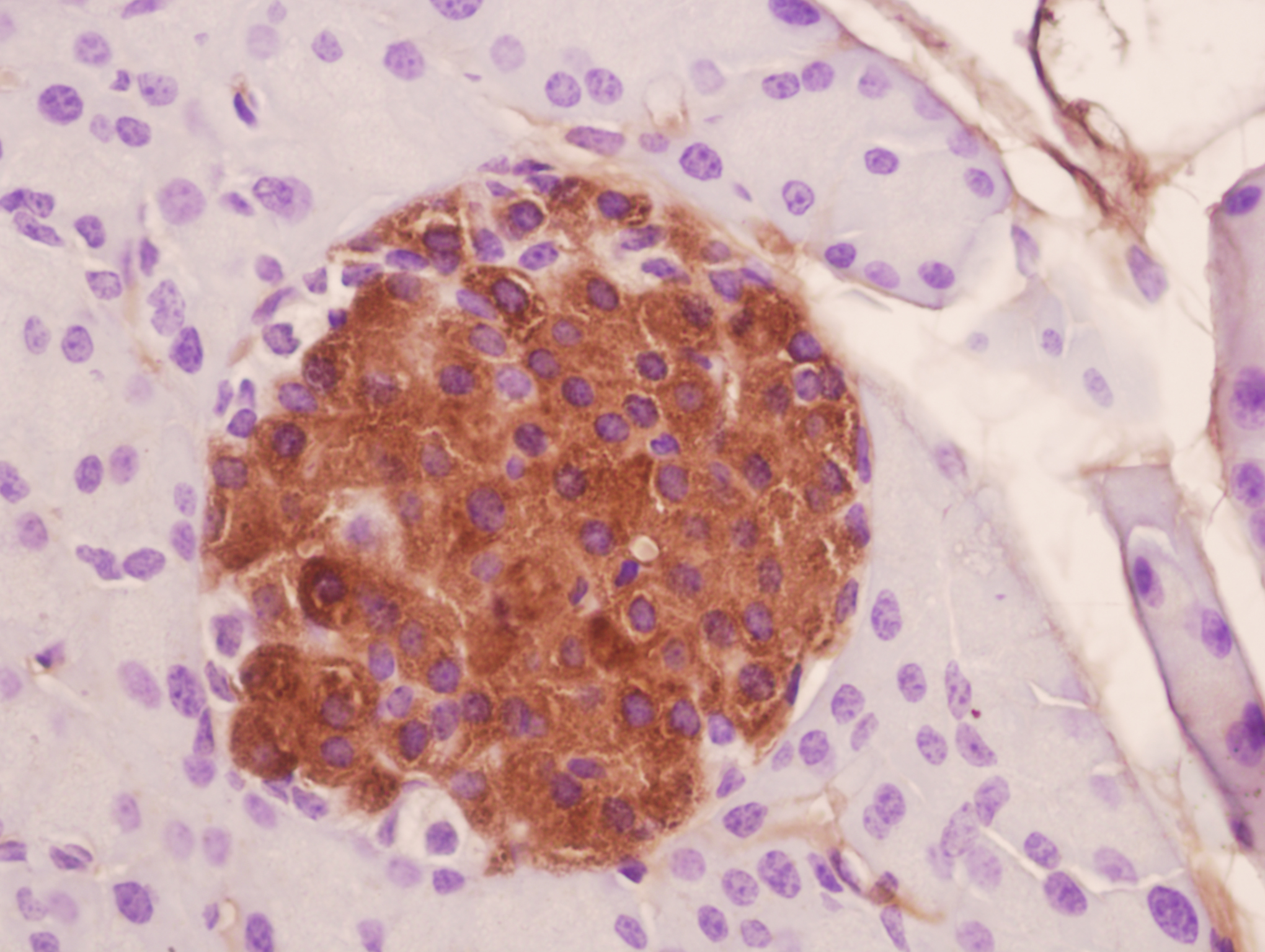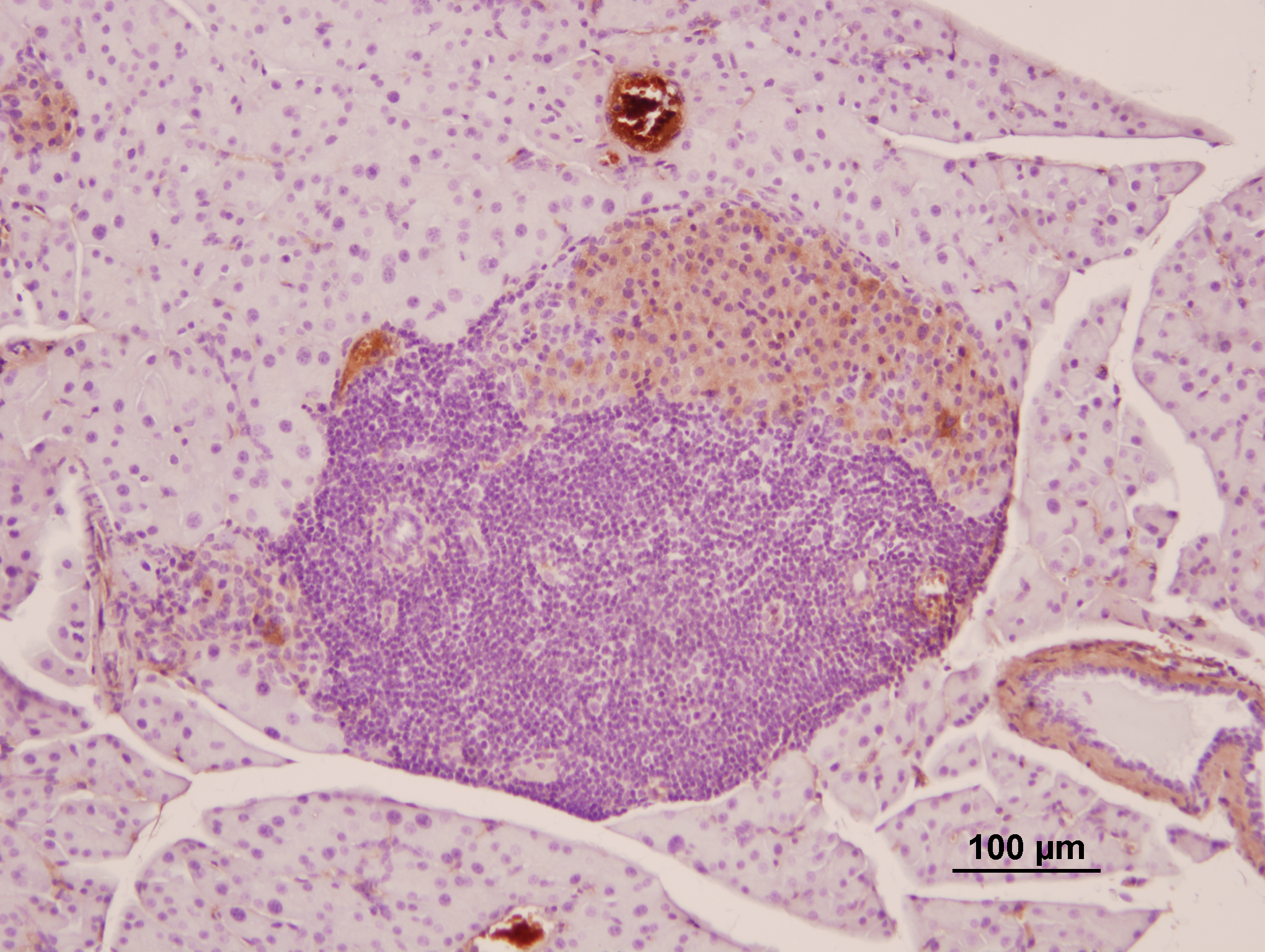Type 1 Diabetes
Insulin-dependent diabetes, known as type 1 diabetes (T1D), is an autoimmune disease that results in progressive destruction, and finally an absolute loss, of insulin-producing beta cells in islets of Langerhans in the pancreas; destruction is preceded by infiltration of immune cells within the islet, a process known as insulitis. Europe has the highest prevalence of T1D per capita diagnosed at childhood. High blood glucose because of diabetes is associated to micro- and macro-vascular complications: atherosclerosis,
The endocannabinoid system (ECS) comprises cannabinoid type 1 and 2 receptors (CB1R and CB2R respectively), their endogenous ligands called endocannabinoids (ECs), 2-arachidonoylglycerol and anandamide, and their synthesizing and degradative enzymes. There are also other G protein-coupled receptors, such as GPR55, that are sensitive to cannabinoids. In the last decade the ECS has emerged as key regulator of metabolism and immune action. The EC receptors are potent inflammatory modulators, and cannabinoid-based compounds have resulted in improvements of autoimmune diseases such as multiple sclerosis, Crohn’s disease, fibromyalgia and rheumatoid arthritis. In our research group we are seeking for novel approaches -targeting the ECS- aimed at preventing the initiating underlying pathophysiology, namely insulitis, such that beta cell dysfunction and inflammation, and beta cell death are avoided.
PRINCIPAL INVESTIGATOR

Dra. Isabel González Mariscal
UGC Endocrinología y Nutrición. IBIMA.
ORCID iD: 0000-0003-1186-1212;
53877374500
Ongoing and finished grants in the last five years
Modulation of the endocannabinoid system in islets of Langerhans as a therapy against the autoimmune destruction occurring in type 1 diabetes
INVESTIGADOR PRINCIPAL: Isabel González Mariscal
DURACIÓN: 2019-2021 PRESUPUESTO: 60,450€
FINANCIADO POR: Consejeria de Salud y Familias de Andalucía

Targeting the Endocannabinoid System within Islets of Langerhans to Protect against Immune Destruction.
INVESTIGADOR PRINCIPAL: Francisco Javier Bermúdez Silva
DURACIÓN: 2018-2020 PRESUPUESTO: 158,121.60€
FINANCIADO POR: European Union Funds – H2020 – Marie Curie Individual Fellowship.

Impact of insulin analogues on oxidative stress and inflammation in people with type 1 diabetes mellitus
INVESTIGADORA PRINCIPAL: María Soledad Ruiz de Aduana
DURACIÓN: 2018-2020 PRESUPUESTO: 99,220€
FINANCIADO POR: Instituto de Salud Carlos III

Study of polyphenols and terpenoids from the extra virgin olive oil for the prevention and treatment of type 2 diabetes. Capacity of this compounds to modulate cannabinoid receptors
INVESTIGADOR PRINCIPAL: Francisco Javier Bermúdez Silva
DURACIÓN: 2018-2020 PRESUPUESTO: 141,570€
FINANCIADO POR: Instituto de Salud Carlos III

Designing Drugs for Treatment of Type 2 Diabetes.
INVESTIGADORA PRINCIPAL: Josephine M. Egan
DURACIÓN: 2012-2018 PRESUPUESTO: 1,500,000$
FINANCIADO POR: Intramural Research Program of the NIA, NIH, USA.

Collaborators

Carlos Santos Ocaña.
Universidad Pablo de Olavide (UPO) / Centro Andaluz de Biología del Desarrollo (CABD)
Josephine M. Egan
National Institute on Aging, NIH
Eduardo Muñoz
Instituto Maimónides de Investigación Biomédica de Córdoba (IMIBIC) / Emerald Health Pharmaceutics.
Stephan Hardivillé
Université de Lille 2
Relevant publications
Available Techniques
In the state-of-the-art vivarium of Malaga University, where we are currently hosting unique mouse models for the study of the cannabinoid type 1 receptor (CB1R). These mouse strains are global CB1R knockout mice and inducible beta cell-specific CB1R knockout mice (MIP-Cre CNR1 LoxP/LoxP ).







